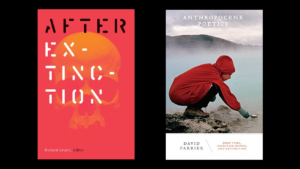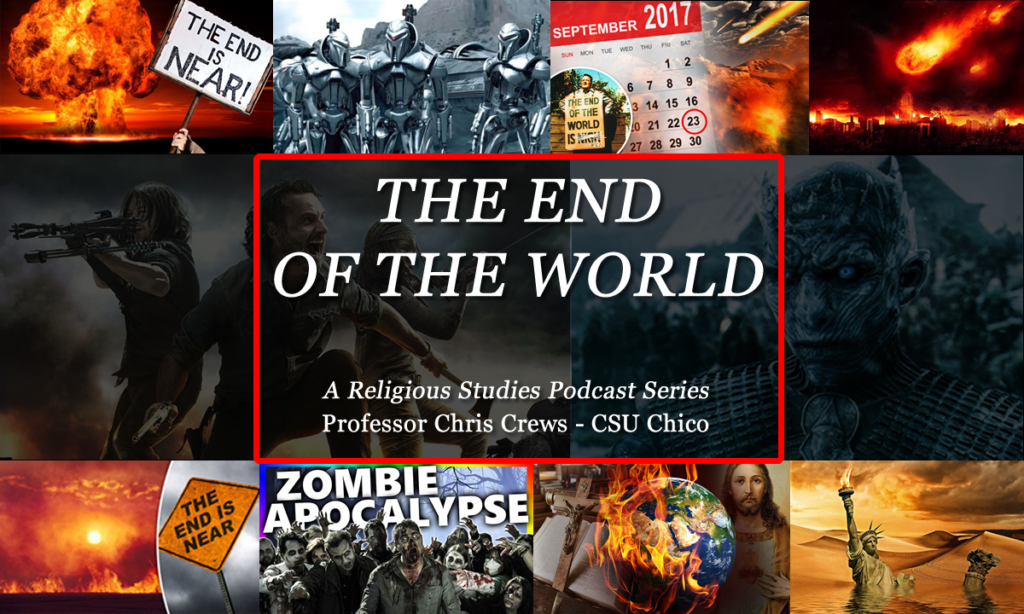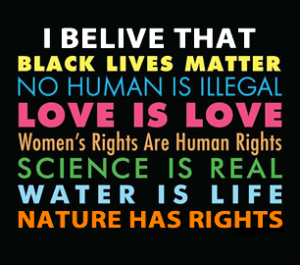My New Anthropocene Book Reviews in SubStance
I’m excited to share a recent set of book reviews on Anthropocene politics, art, and literature that was just published in the interdisciplinary journal SubStance, and which is publicly accessible from the link below. The review covers two book, After Extinction by Richard Grusin (Ed.) and Anthropocene Poetics: Deep Time, Sacrifice Zones and Extinction by David Farrier.

Here’s an excerpt from my review:
Thinking Critically and Poetically with the Anthropocene
Published within a year of each other, Richard Grusin’s edited collection, After Extinction, and David Farrier’s Anthropocene Poetics offer two valuable perspectives on the themes of extinction and the Anthropocene. Most readers are likely familiar with some version of the Anthropocene by now, and its usage in these books (with a few exceptions) follows a common refrain in the humanities and social sciences, where it is used as an umbrella term to describe a wide range of (mostly negative) impacts to the Earth associated with industrial civilization and human activities.
The topic of extinction is a much older issue, but increasingly frequent (and alarming) reports about biodiversity loss and extinction from bodies like the United Nations, combined with activism from groups like Extinction Rebellion, have raised its profile. Elizabeth Kolbert’s 2014 book The Sixth Extinction: An Unnatural History, which performs a sort of Derridean hauntology throughout the pages of After Extinction, further reinforced this trend. As Richard Grusin notes in his Introduction to After Extinction, the book emerged from a conference hosted by the Center for Twenty-First Century Studies at the University of Wisconsin-Milwaukee which focused on the question of what comes after extinction. Each chapter is thought-provoking, but at times they sat uneasily together, producing a sort of Chthulucenic cacophony drawn from multiple disciplines and themes, from entangled humanism and the power of photography to a rethinking of disability and Indigenous languages in the Anthropocene.
I found David Farrier’s Anthropocene Poetics harder to pin down, despite being a more cohesive text. The book offers a series of ecocritical musings that engage with a series of poets and authors whose work Farrier uses to draw out a poetic imagination of the Anthropocene. Farrier develops this Anthropocene poetics through a dizzying array of textual and artistic examples that draws inspiration from queer ecology and New Materialism (e.g., Elizabeth Grosz, Timothy Morton, Jane Bennett, Quentin Meillassoux) to problematize the liminal spaces and borders between human and non-human agencies and affect, animacies and intimacies, while suggesting that poetry is well suited (perhaps best suited?) to help us rethink our relationship to deep time and geologic agency. While reading Farrier’s book, I could not help but think of Bruno Latour’s comments about how we need a new geostory to help us make sense of the Anthropocene.
You can read the full reviews online here.


